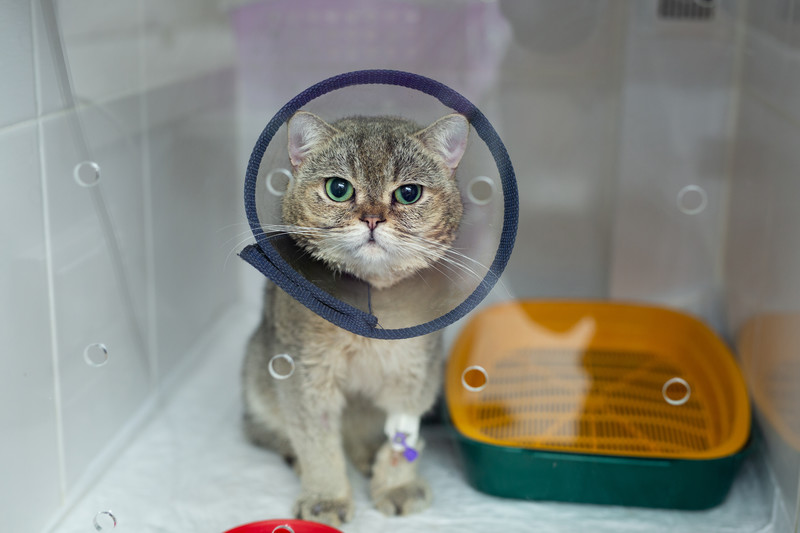Scrolling through social media, you’re bound to come across a quadruped living a more luxurious life than you (and earning a bigger paycheque too). But for regular Canadians, caring for a family pet is a big expense, not a money maker.
Driving the news: Canadians are surrendering their pets in record numbers as the cost of living forces people to reassess spending on furry family members, per Global News.
- Shelters are hitting max capacity, with some unable to intake any new animals due to limited space and lack of funding.
Why it’s happening: Pet surrenders ticked up in the summer when return-to-office policies came into full effect. Economic uncertainty continues to drive those numbers up as people look to cut costs where they can.
- And shelters are finding it challenging to rehome animals, many of which come to them with behavioural issues or separation anxiety—issues that stem from pandemic isolation.
Why it matters: Surrendering a pet is painful, especially if the reasons are financial, but there are resources available to help owners cope with care costs:
-
Pet food pantries. There is a network of food banks that offer pet supplies, so call around and ask about what they’ve got in stock and details to accessing their pantry. And be mindful when using them—most are funded through donations, so don’t take more than you need.
-
Spay and neuter clinics. Getting your pet “fixed” can be upwards of $1000 at the vet, but some organizations like the OSPCA provide a more affordable option. Cats cost between $85 and $95 depending on the sex, and the price for dogs tops out at $215. You can also update vaccines and get your pet microchipped at a discount.
- Healthcare help. A hurt pet is heartbreaking, especially if you can’t cover their treatment. The Farley Foundation helps low-income families foot vet bills for sick and injured pets.
Bottom line: Pinching pennies to keep your pet healthy can be rough. Before you turn to a shelter, contact local rescues and regional animal service units for a helping hand. They want your pet to stay by your side as much as you do.
